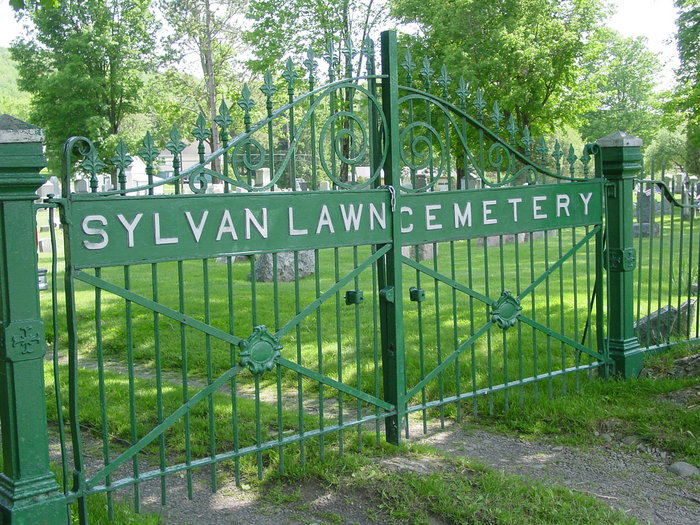Mr. Sasse worries even more, however, about a pervasive feeling of homelessness: Too many Americans don’t have a place they think of as home — a “thick” community in which people know and look out for one another and invest in relationships that are not transient. To adopt a phrase coined in Sports Illustrated, one might say we increasingly lack that “hometown gym on a Friday night feeling.”This tweet by Adam Rothman includes some pushback to the position.
I agree there can be loneliness and social isolation in the city or suburb. Some of that is shaped by the social structure, some is chance, and some is personal choice. The city has always been a place of freedom and opportunity, and it remains so. The thick society found in rural areas and the smaller towns often has its downsides.
There have been some reports that American mobility is down, both mobility among classes and geographic moves. I suspect some of the people who are concerned with the lack of a "thick" community are also concerned with the lack of mobility. IMHO the two go together in many cases.
